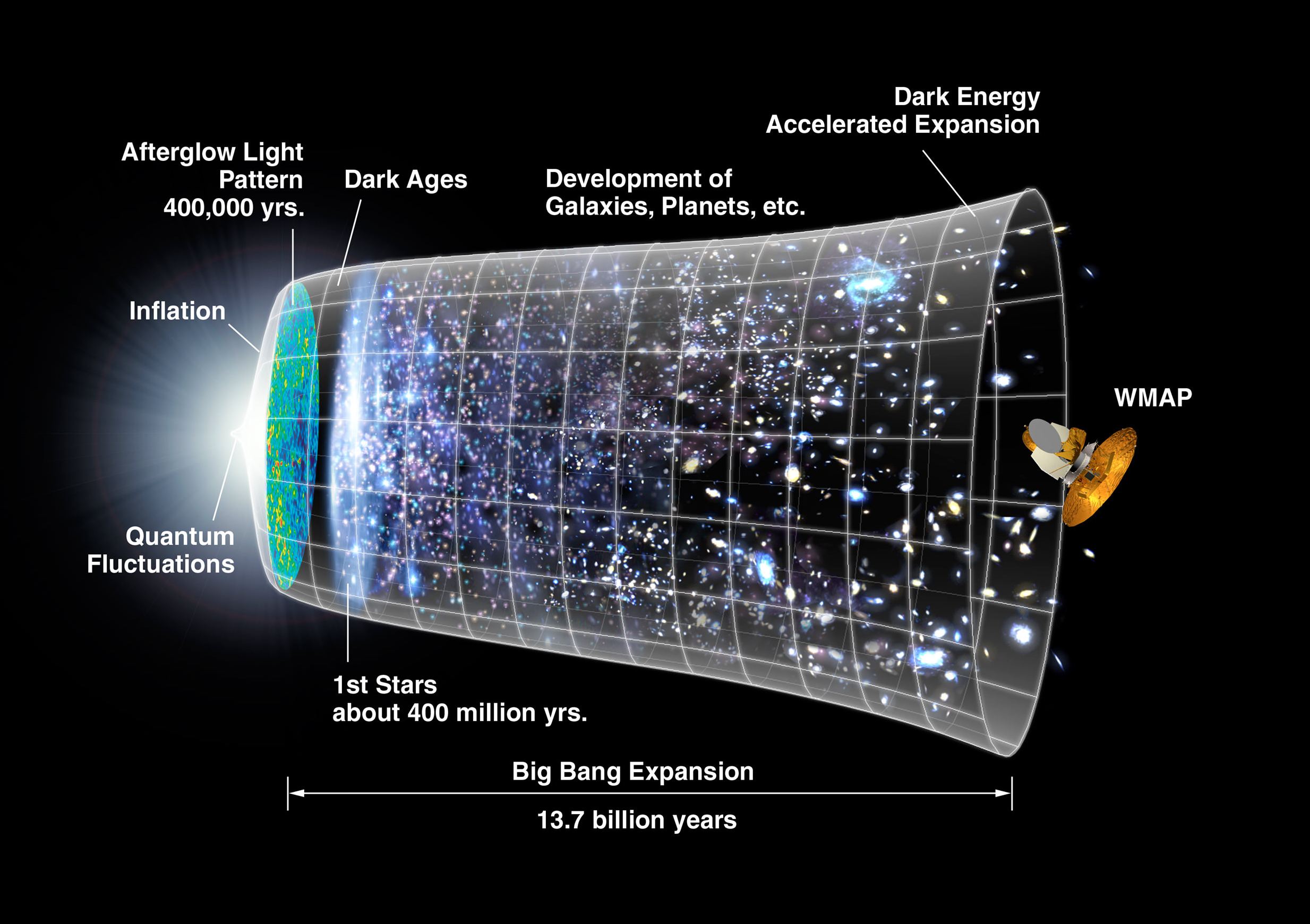Researchers have built a superconducting camera with 400,000 pixels, which is so sensitive it can detect single photons. It comprises a grid of superconducting wires with no resistance until a photon strikes one or more wires. This shuts down the superconductivity in the grid, sending a signal. By combining the locations and intensities of the signals, the camera generates an image.
The researchers who built the camera, from the US National Institute of Standards and Technology (NIST) say the architecture is scalable, and so this current iteration paves the way for even larger-format superconducting cameras that could make detections across a wide range of the electromagnetic spectrum. This would be ideal for astronomical ventures such as imaging faint galaxies or extrasolar planets, as well as biomedical research using near-infrared light to peer into human tissue.
Continue reading “A New Superconducting Camera can Resolve Single Photons”


